"I have come to believe that a great teacher is a great artist and that there are as few as there are any other great artists. Teaching might even be the greatest of the arts since the medium is the human mind and spirit." -John Steinbeck
One of the great joys I've gotten to experience from my life has gotten to come not only from teaching, but from watching what my students do long after they've left my classroom for good. It's not a joy (with its ups-and-downs) exclusive to me, as Musiq Soulchild would sing you with his song,
Yes, I've had former students who are currently traveling down the path to becoming professional physicists and astronomers, and of course I'm proud of them and happy for them, but that's not who I'm talking about in particular. The vast majority of the students I've taught haven't become astronomers, haven't become physicists, and -- really -- never even considered it.
And that's good. Each one has their own passions and aspirations, and while they'll overlap with mine on occasion, most frequently they're going down a very different road from the one I did. We're just lucky enough to have a little time together where I get to share something I love with them.
During their time with me, they all learned how to solve a wide variety of problems. How long it will take a planet, asteroid or comet to orbit the Sun? How could I build a wireless charging station for an electric car? Why does red appear on the outside of a rainbow, but on the inside of a double rainbow?
At the end of their semester with me, they could all tell you. But they'll forget most of those specific solutions and answers in time, if they haven't already.
And that's okay. They learned it once, and if they actually needed to use that information, they're now capable of looking back and figuring it out again on their own. The ability to solve those problems may have been one way of evaluating them while we had time together, but is that what's really important for them to take away from our time together, years down the line?
Of course not.
Like any teacher, my former students have gone on to have a huge variety of professional careers, including as doctors, dentists, nurses, lawyers, teachers, pharmacists, engineers, computer programmers, funeral home directors, chefs, construction workers, journalists, entertainers, and auto mechanics, to name just a few. It's been over a decade since I taught some of my earliest students, and yet there has been one thing that's stayed with almost all of them, the one thing that I was never told to teach them.
They have come away with an awareness and an appreciation for what it is that I've taught them, and for the good our continued exploration of it does in the world.
 Image credit: Prof. Charles Kao's Nobel Lecture, via http://www.cuhk.edu.hk/.
Image credit: Prof. Charles Kao's Nobel Lecture, via http://www.cuhk.edu.hk/.
That's it; that's the biggest contribution I feel I've made to my students' lives, giving them an awareness and an appreciation for the things I have this great joy, love and passion for. For what I do, that's the fundamental workings of the Universe, from the smallest to the largest scales. It's the story of what we know of our Universe, as well as how we came to know it. It's the questions that we cannot yet definitively answer, as well as the ones that we now confidently can.
And although very few people in education will admit it, this is really the greatest gift any teacher can give a student (under non-apprenticeship conditions).
To those of you teaching -- and those of you in any classes that you're taking just for your personal enrichment -- I'd encourage you to think about this. A year, five years, ten years from now, what is it that you want, more than anything else, for people to take away from their time with you? How would you like them to think about the world differently, how would you like their lives to be enriched, what new wonders, joys, or passions could they find because you've opened up just a little bit more of a corner of this Universe to them?
When you hear the old line about "life-long learners," this is the reality behind it. If you can make them aware of what it is that you know and love, if you can share with them your appreciation for the enterprise of learning and discovering what it is you do, then they can enjoy, experience and value those things, too.
It's a big question, one you won't find even discussed in practically any curriculum. But it applies to everything from cosmology to philosophy, and it's one every teacher should ask themselves. Awareness and appreciation: think about it. Because no one can be an expert in everything in this world, but we can all strive to be aware and appreciative of all the different, valuable things each of us brings to it. I'll keep doing my best to share the ones I've learned with you, and hope that you'll choose to keep on joining me for it!

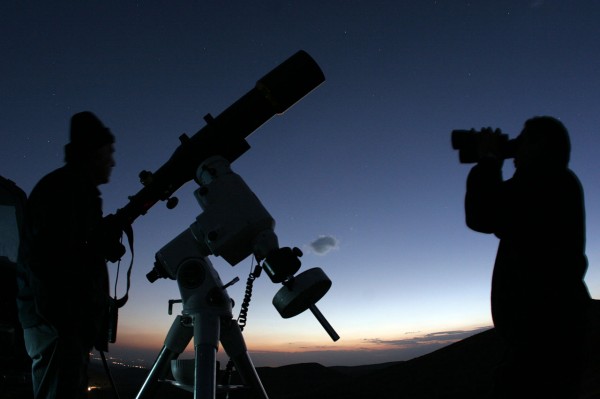

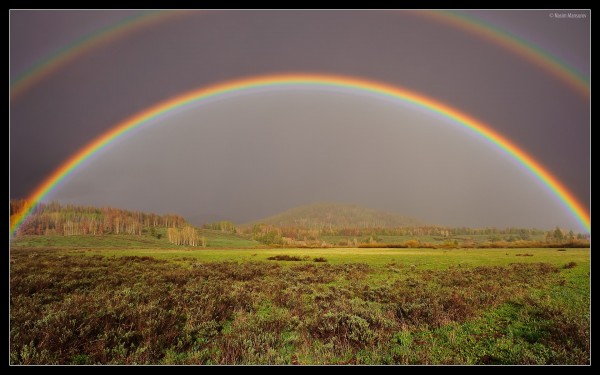
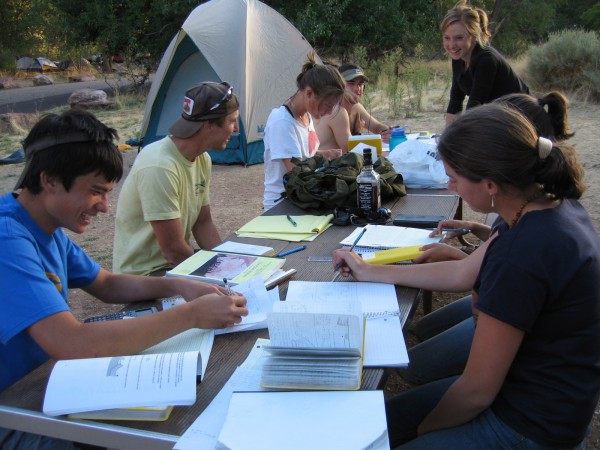
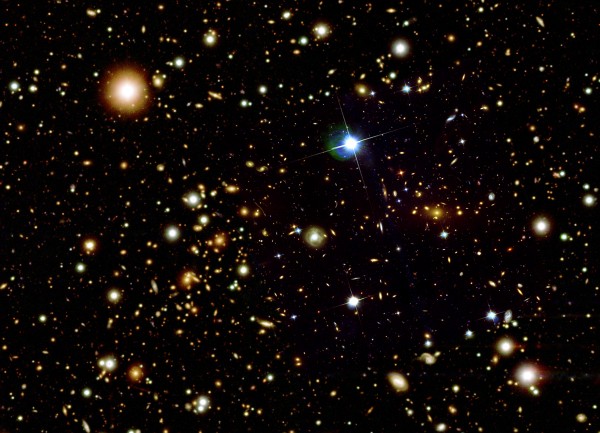
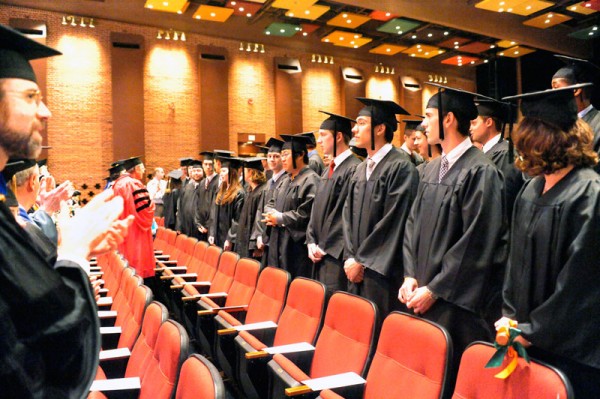

I agree. I am sure most educators would agree, as well.
But sadly, this is something that is tough to test. And, after all, if you can't test it, does it really mean anything? (Commenter asks, facetiously).
Well of course, some of us out here are, in a sense, also your students. So first I agree.
But even more, I think that the best that you give is your self, your example of a worthy, curious, passionate life. e.g. sometimes physics and astronomy; sometimes weekend diversions,etc.
And what a teacher such as yourself (or thinking of my best teachers in various subjects) gives is a kind of seed (that "awareness and an appreciation for what it is that I’ve taught them, and for the good our continued exploration of it does in the world") that we each in our own way will take and grow into a part of ourself.
And such a seed gift, we just can't get rid of. We are stuck with our "awareness and appreciation" of whatever. And that's that.
I enjoyed this article and I love anything that has to do with space, and our galaxy....never went to college but look up when ever I can!...(most likely when im not walking)!
Thank you for this eloquent, personal statement about what really matters in teaching. I do my best teaching when I keep my eye on this particular ball - the one that is longer-lasting and more important than any specific fact or skill I might be able to help my students learn.
I learned that "They're all different, but you have to treat them the same." I also learned that each one of my students appreciated when I noticed their individual contributions to class. This did not have to take place in a public forum, maybe just a comment in the halls between classes. They trust you more (and screw off less) when they think you are really paying attention.
Boy, thirty five years went by quickly.
I once heard that you don't teach your content, you teach yourself. I found that to be scary (an awesome responsibility) and a guide for my teaching.